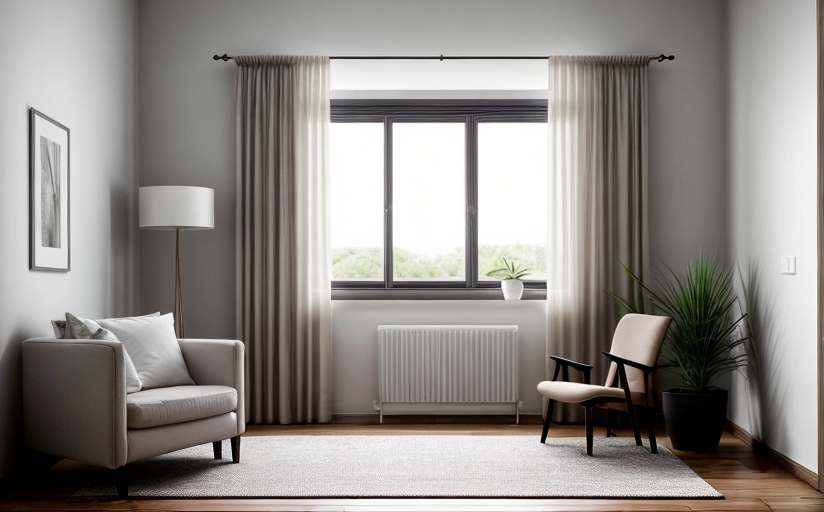Minimalism: A Transformative Journey Towards Holistic Wellbeing
Living in our fast-paced, consumption-oriented society can be exceptionally stressful. We often place significant value on obtaining more and better material possessions, neglecting the virtues of simplicity and mindfulness. This article aims to shine a spotlight on the concept of minimalism, exploring its philosophy, benefits for mental wellbeing, and its practical applications in everyday life.
Understanding Minimalism
Conceptualized by renowned minimalists like John Pawson and discussed in various resources focusing on mental wellbeing, minimalism isn't just about decluttering your physical space. Instead, it extends to reducing mental clutter, leading to a simplified, focused, and purposeful life. It's less about the absence of clutter, and more about the presence of intention.
Minimalism and Mental Wellbeing
Several scientific studies, such as the one published in the Journal of Personality and Social Psychology, have unearthed the profound impact of minimalism on mental wellbeing. By eliminating the non-essential, we allow ourselves to focus on what truly matters: experiences, relationships, and personal growth.
Implementing Minimalism in Everyday Life
The transformation to minimalism starts with decluttering, literally and figuratively. Start by decluttering your space, keeping only what you need or what truly brings you joy. This physical decluttering can have a cathartic effect, leading to a significant reduction in stress and anxiety.
However, minimalism isn't confined to our material possessions. It also extends to our mental landscape. Reduce the unnecessary noise in your life - unsubstantiated worries, unhealthy relationships, or futile pursuits. By thinning out these distress-inflicting elements, we can make room for tranquility, peace, and true happiness.
Real-Life Stories and Anecdotes
A prime example of this transformative journey is the experience of the couple behind The Minimalists, Joshua Fields Millburn & Ryan Nicodemus. They describe how they walked away from successful six-figure careers when they realized that possessing more wasn't synonymous with happiness. Today, they now lead fulfilling lives, sharing their wisdom about the transformative power of minimalism.
Conclusion
In conclusion, minimalism is more than a passing lifestyle trend. It represents an intentional shift towards a life of simplicity, focus, and purposefulness. By embracing minimalism, we can navigate towards holistic wellbeing, resulting in healthier relationships, improved mental wellbeing, and happiness that isn't tied to material possessions.

















Comments
Leave a Comment